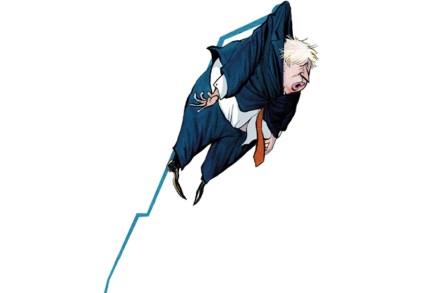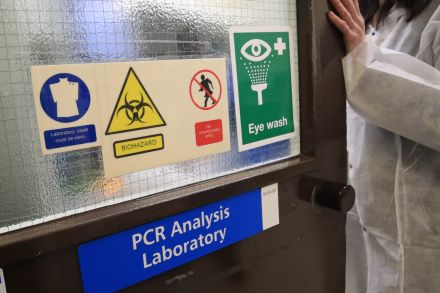Go with the flow: how helpful is mass testing?
Over half the adult population has been vaccinated, new infections and deaths have plummeted to their lowest level since last September — and the government chooses this point to launch a programme to test every adult for Covid twice a week. The Prime Minister is due to announce this afternoon that lateral flow testing kits will be distributed by the million, free of charge to anyone who wants them. We will all be encouraged to test ourselves — and be placed under an obligation to self-isolate if they are positive. Why? We have spent the past three months on a massive vaccination programme, using vaccines that have proved pretty well 100 per






